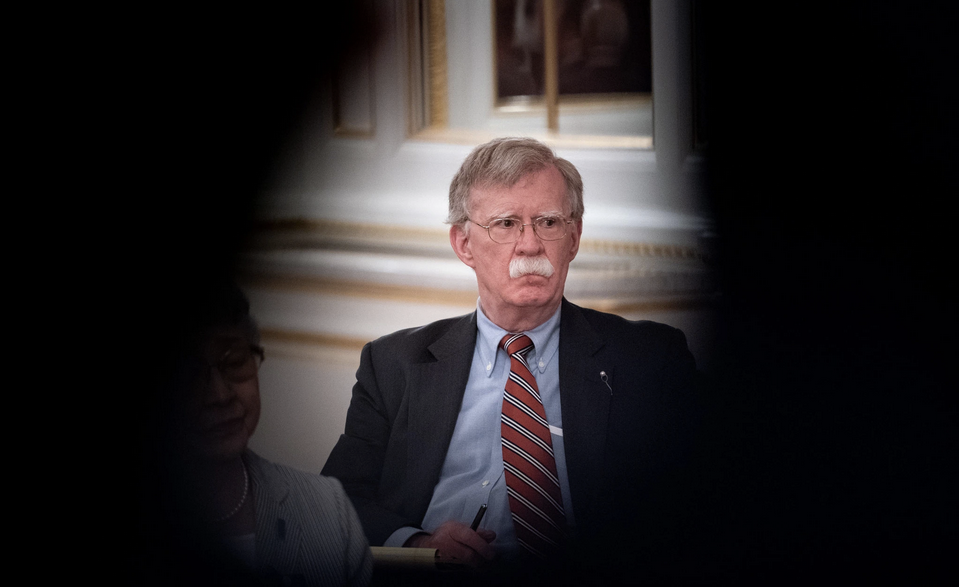John R. Bolton, the former national security adviser, says in his new book that the House in its impeachment inquiry should have investigated President Trump not just for pressuring Ukraine but for a variety of instances when he sought to use trade negotiations and criminal investigations to further his political interests.
Mr. Bolton describes several episodes where the president expressed a willingness to halt criminal investigations “to, in effect, give personal favors to dictators he liked,” citing cases involving major firms in China and Turkey. “The pattern looked like obstruction of justice as a way of life, which we couldn’t accept,” Mr. Bolton writes, saying that he reported his concerns to Attorney General William P. Barr.
Mr. Bolton also adds a striking new accusation by describing how Mr. Trump overtly linked tariff talks with China to his own political fortunes by asking President Xi Jinping to buy American agricultural products to help him win farm states in this year’s election. Mr. Trump, he writes, was “pleading with Xi to ensure he’d win.” Mr. Bolton said that Mr. Trump “stressed the importance of farmers, and increased Chinese purchases of soybeans and wheat in the electoral outcome.”
The book, “The Room Where It Happened,” was obtained by The New York Times in advance of its scheduled publication next Tuesday and has already become a political lightning rod in the thick of an election campaign and a No. 1 best seller on Amazon.com even before it hits the bookstores. The Justice Department went to court on Wednesday for the second time this week seeking to stop publication even as Mr. Trump’s critics complained that Mr. Bolton should have come forward during impeachment proceedings rather than save his account for a $2 million book contract.
While other books by journalists, lower-level former aides and even an anonymous senior official have revealed much about the Trump White House, Mr. Bolton’s volume is the first tell-all memoir by such a high-ranking official who participated in major foreign policy events and has a lifetime of conservative credentials. It is a withering portrait of a president ignorant of even basic facts about the world, susceptible to transparent flattery by authoritarian leaders manipulating him and prone to false statements, foul-mouthed eruptions and snap decisions that aides try to manage or reverse.
Mr. Trump did not seem to know, for example, that Britain was a nuclear power and asked if Finland was a part of Russia, Mr. Bolton writes. The president never tired of assailing allied leaders and came closer to withdrawing the United States from NATO than previously known. He said it would be “cool” to invade Venezuela.
At times, Mr. Trump seemed to almost mimic the authoritarian leaders he appeared to admire. “These people should be executed,” Mr. Trump once said of journalists. “They are scumbags.” When Mr. Xi explained why he was building concentration camps in China, the book says, Mr. Trump “said that Xi should go ahead with building the camps, which he thought was exactly the right thing to do.” He repeatedly badgered Mr. Barr to prosecute former Secretary of State John F. Kerry for talking with Iran in what he insisted was a violation of the Logan Act.




